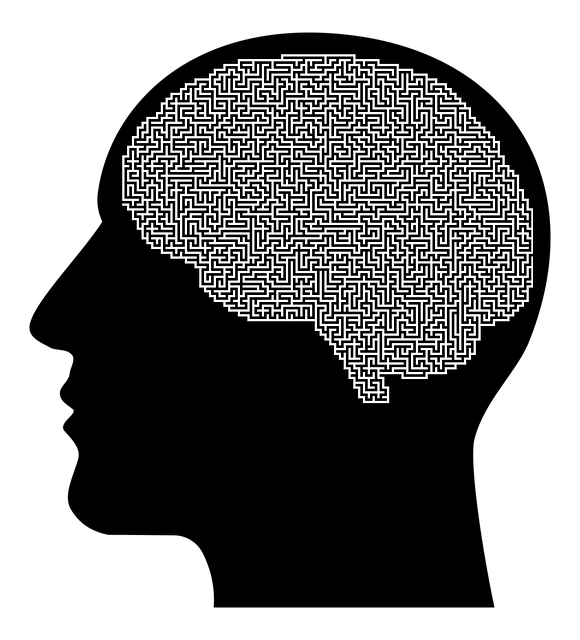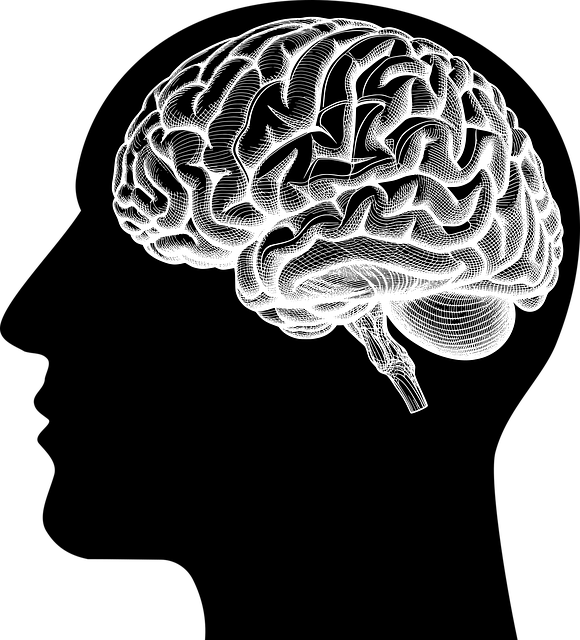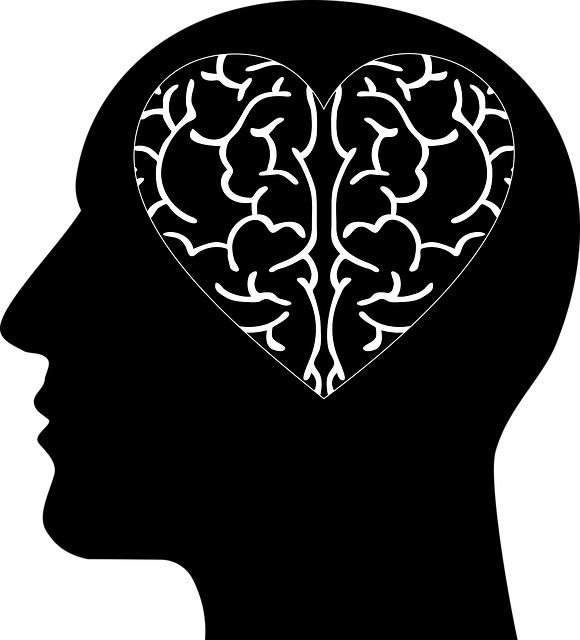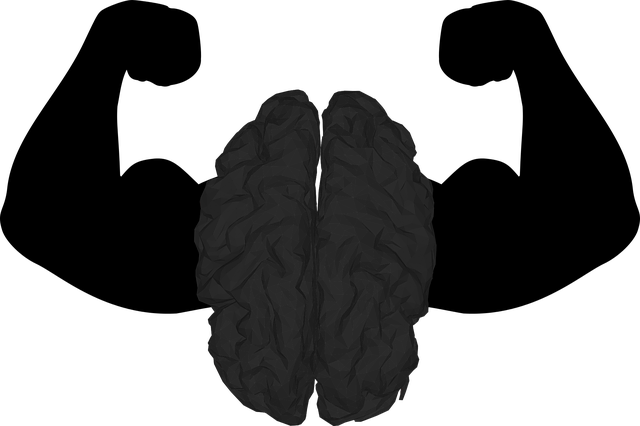Mental wellness involves emotional, psychological, and social well-being, with Lafayette Anger Management Therapy providing coaching programs to enhance this. These programs focus on mood management, communication strategies, and coping skills using evidence-based practices like CBT, helping individuals understand and regulate emotions. By creating safe spaces, exploring triggers, and practicing constructive emotion navigation, clients gain tools for stress management and improved relationships. A data-driven approach with regular assessments ensures tailored interventions for depression prevention and positive thinking, ultimately fostering overall mental wellness.
Mental wellness coaching programs have emerged as powerful tools for personal growth and resilience. This article explores the development and impact of such programs, with a specific focus on Lafayette Anger Management Therapy. We delve into understanding mental wellness, its profound effects on individuals, and the strategic design of effective coaching interventions. By examining successful implementation and evaluation methods, we highlight how these programs can transform lives, offering tangible benefits for those seeking improved emotional well-being and conflict resolution skills, such as those learned through Lafayette Anger Management Therapy.
- Understanding Mental Wellness and Its Impact on Individuals
- Designing Effective Lafayette Anger Management Therapy Programs
- Implementing and Evaluating the Success of Coaching Interventions
Understanding Mental Wellness and Its Impact on Individuals

Mental wellness is a holistic state of being that encompasses an individual’s emotional, psychological, and social well-being. It’s about more than just the absence of mental illness; it involves cultivating resilience, self-awareness, and effective coping mechanisms to navigate life’s challenges. When individuals struggle with their mental wellness, it can have profound impacts on various aspects of their lives. These effects might manifest as difficulties in relationships, decreased productivity at work or school, and a general sense of disconnection from one’s passions and goals.
At Lafayette Anger Management Therapy, we recognize that addressing mental wellness head-on is crucial for fostering healthy and fulfilling lives. Our coaching programs are designed to empower individuals with the tools needed for effective mood management, boosting their confidence and improving communication strategies. Through tailored interventions, we support clients in cultivating coping skills that promote emotional balance, enhance their ability to navigate stressful situations, and ultimately, lead to a profound sense of well-being.
Designing Effective Lafayette Anger Management Therapy Programs

Effective Lafayette Anger Management Therapy programs require a multifaceted approach that goes beyond simply teaching techniques. They should be designed to foster understanding and regulation of emotional responses, focusing on the root causes of anger. This involves creating a safe, non-judgmental space for clients to explore their triggers, emotions, and thought patterns, using evidence-based practices like cognitive behavioral therapy (CBT). By integrating these strategies into daily life through role-playing scenarios and practice exercises, programs can empower individuals to manage intense emotions constructively.
A comprehensive Mental Health Policy Analysis and Advocacy approach is crucial in supporting these therapies. This includes promoting access to resources, ensuring cultural sensitivity, and advocating for policies that prioritize mental wellness. Encourage self-care routine development as a preventive measure against depression, offering tools for stress management and emotional resilience. Ultimately, well-designed Lafayette Anger Management Therapy programs aim to equip individuals with the skills needed to navigate challenging situations with calmness and clarity.
Implementing and Evaluating the Success of Coaching Interventions

Implementing coaching interventions for mental wellness is a strategic approach to empowering individuals and fostering positive change. These programs are designed to provide personalized support, focusing on various aspects such as anger management, depression prevention, and emotional intelligence development. The success of such initiatives lies in their structured evaluation. By employing evidence-based techniques, coaches can measure progress, identify areas for improvement, and adapt their strategies accordingly. Regular assessments, including self-reported surveys and performance observations, offer valuable insights into the effectiveness of coaching.
For instance, Lafayette Anger Management Therapy employs a multi-faceted evaluation system to track client progress. This includes pre-post assessment measures focusing on emotional regulation skills and behavioral changes. By comparing these results, therapists can gauge the impact of coaching and make informed decisions to enhance the program’s overall success. This data-driven approach ensures that interventions are tailored to meet individual needs, ultimately leading to better outcomes in depression prevention and fostering positive thinking.
Mental wellness coaching programs, such as Lafayette Anger Management Therapy, play a pivotal role in empowering individuals to navigate life’s challenges. By understanding mental health and its profound impact, we can design effective interventions that foster resilience and overall well-being. Through implementing and evaluating these coaching methods, we ensure that support is tailored to individual needs, making a tangible difference in their lives. This holistic approach to mental wellness encourages personal growth and promotes a healthier, more balanced lifestyle.














